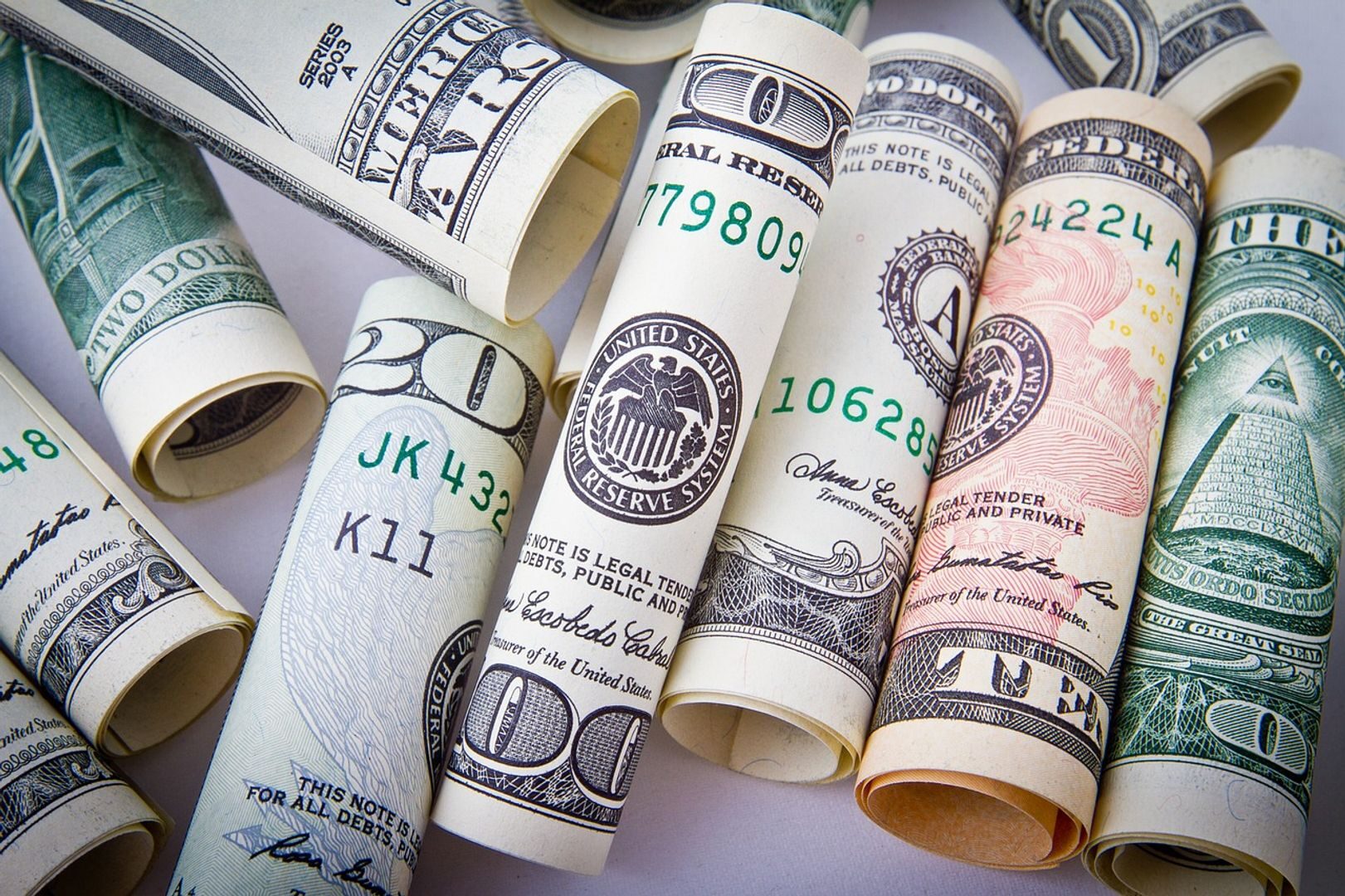-
Back to menu
Prices
-
Back to menu
-
Back to menu
Indices -
Back to menu
Research
-
Back to menu
Events -
Back to menu
Sponsored
-
Back to menu
Videos -
Back to menu
-
Back to menu
-
Back to menu
Webinars
Select Language
By Shaurya Malwa|Edited by Sheldon Reback
Updated Aug 4, 2025, 7:51 a.m. Published Aug 4, 2025, 7:36 a.m.

- Cardano’s Input Output Global secured a $71 million treasury allocation for network upgrades after a governance vote.
- The proposal passed with 74% approval, allocating 96 million ADA for milestone-based payments overseen by Intersect.
- Key projects include Hydra for scaling and Acropolis for node redesign aiming to boost developer activity and ADA demand.
Cardano’s core development team, Input Output Global (IOG), secured approval for a $71 million treasury allocation to fund 12 months of network upgrades following a drawn-out governance vote that drew concerns around transparency, accountability and cost.
The proposal passed with 74% in favor and authorizes the disbursement of 96 million ADA, or roughly 13% of the protocol’s treasury, to IOG. Payments will be milestone-based and overseen by Intersect, a member-driven governance body.
STORY CONTINUES BELOW
Smart contracts and an independent committee will add additional oversight, IOG said.
Key deliverables include Hydra, a layer-2 scaling product for faster and cheaper transactions, and Project Acropolis, which aims to re-architect the Cardano node for greater modularity and ease of developer onboarding. The team also plans to reduce memory usage and improve operational costs for validators.
Such implementations can eventually lead to increased developer activity and new use cases on the Cardano network, contributing to demand for ADA, the network’s gas token.
The proposal, which has been under discussion since the start of the year, faced a degree of opposition, with some critics arguing that it lacked granular breakdowns and questioned whether it should have been split into smaller, individually voted items. A rival proposal by Cardano’s Technical Steering Committee was ultimately rejected despite gaining early traction.
Rival chains are also pushing ahead with upgrades. Solana increased its compute unit ceiling by 20% last week, and Ethereum’s recent Pectra upgrade lifted its so-called blob limit and staking caps. Another major fork, Fusaka, is scheduled for late 2025.
Shaurya is the Co-Leader of the CoinDesk tokens and data team in Asia with a focus on crypto derivatives, DeFi, market microstructure, and protocol analysis.
Shaurya holds over $1,000 in BTC, ETH, SOL, AVAX, SUSHI, CRV, NEAR, YFI, YFII, SHIB, DOGE, USDT, USDC, BNB, MANA, MLN, LINK, XMR, ALGO, VET, CAKE, AAVE, COMP, ROOK, TRX, SNX, RUNE, FTM, ZIL, KSM, ENJ, CKB, JOE, GHST, PERP, BTRFLY, OHM, BANANA, ROME, BURGER, SPIRIT, and ORCA.
He provides over $1,000 to liquidity pools on Compound, Curve, SushiSwap, PancakeSwap, BurgerSwap, Orca, AnySwap, SpiritSwap, Rook Protocol, Yearn Finance, Synthetix, Harvest, Redacted Cartel, OlympusDAO, Rome, Trader Joe, and SUN.















